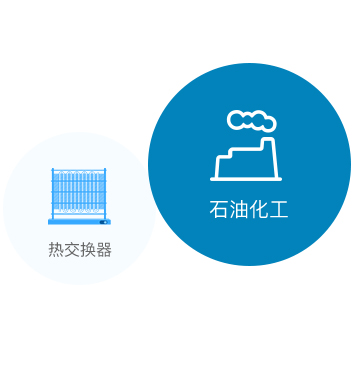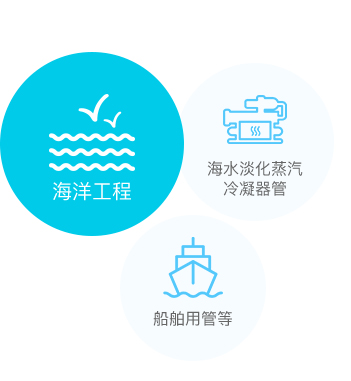Grades
Grade1
Grade2
Grade3
Grade7
Grade12
Grade16

Different from chemical pure titanium, industrial pure titanium contains oxygen, nitrogen, carbon and other elements, making its corresponding strength improved.
Grade1, Grade2 and Grade3 refer to industrial pure titanium. The difference between the two is that the larger the number is, the impurities in the gap increase, and therefore the strength and hardness are higher. Grade7 is titanium-palladium alloy, Grade16 is titanium-palladium alloy with higher purity, and Grade12 is titanium-molybdenum-Nickel alloy. Titanium alloys have good mechanical and punching properties and can be welded by various forms of welding procedures. The strength of the welded joint can reach 90% of the strength of the base metal, and the cutting performance is good. Titanium has high corrosion resistance to chloride, sulfide and ammonia and has better corrosion resistance than aluminum, stainless steel and nickel alloy for seawater service.


Product Center
Grade1
Grade2
Grade3
Grade7
Grade12
Grade16

High specific strength (tensile strength/density)

Good strength at intermediate temperature and long-term service under 450-500℃

Better corrosion resistance performance in seawater, wet chlorine and chloride solution

Low elastic modulus and thermal conductivity, Nonmagnetic

High hardness

Poor stamping performance but good thermal plasticity
Petrochemical industry: All kinds of chemical (PTA, polyolefin phenol, etc.) process pipelines and heat exchanger tubes.
Marine engineering: Seawater desalination steam condenser pipes, marine pipes, etc.



